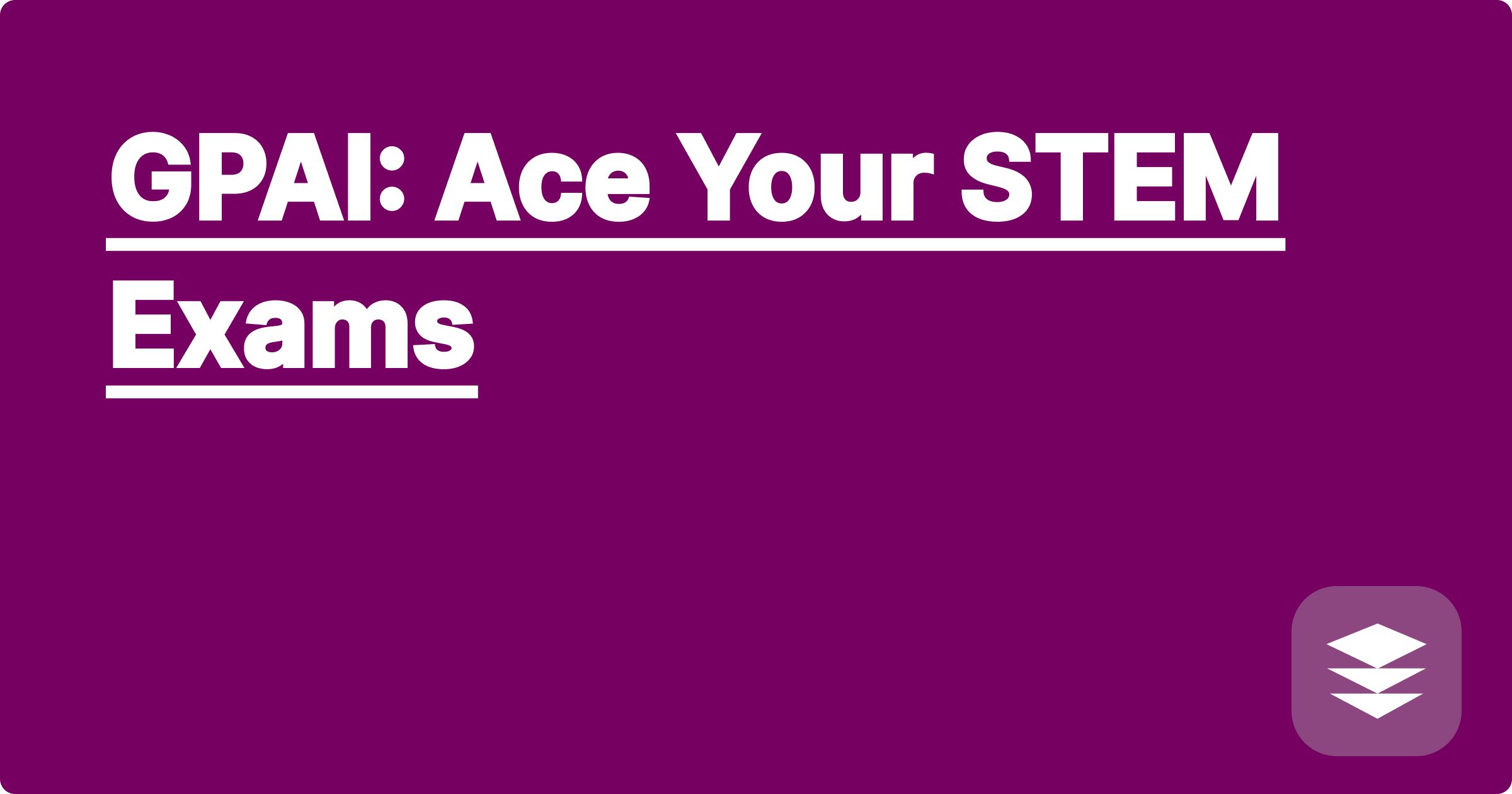
The demanding nature of STEM fields presents a unique challenge for students and researchers alike. The sheer volume of information, complex concepts, and rigorous problem-solving requirements can often feel overwhelming. Fortunately, the rise of artificial intelligence offers powerful new tools to navigate these challenges and unlock unprecedented learning and research potential. AI can be a game-changer, providing personalized support, automating tedious tasks, and offering innovative approaches to understanding complex material.
This matters significantly for STEM students and researchers because it represents a paradigm shift in how we approach learning and problem-solving. By leveraging AI effectively, students can gain a deeper understanding of complex concepts, improve their problem-solving skills, and ultimately achieve greater academic success. Researchers can accelerate their work, explore new avenues of inquiry, and push the boundaries of scientific discovery. Mastering these AI tools is no longer a luxury, but a necessity for anyone seeking to excel in the competitive landscape of STEM.
STEM fields are characterized by their emphasis on logical reasoning, analytical skills, and the application of theoretical knowledge to practical problems. This often involves grappling with intricate formulas, complex datasets, and abstract concepts. Students often struggle with the sheer volume of material, the pace of learning, and the difficulty of applying theoretical concepts to real-world scenarios. Researchers face similar challenges, often needing to sift through vast amounts of literature, develop complex models, and analyze intricate data sets. Traditional learning methods often fall short in providing the personalized support and efficient tools needed to effectively navigate this complex landscape.
Artificial intelligence offers a powerful solution to these challenges. AI tools like ChatGPT, Claude, and Wolfram Alpha can be leveraged to personalize learning, automate tedious tasks, and provide innovative approaches to problem-solving. ChatGPT and Claude, for instance, can be used to explain complex concepts in simpler terms, provide step-by-step solutions to problems, and even generate practice questions. Wolfram Alpha excels at computational tasks, allowing users to solve complex equations, visualize data, and access a vast library of scientific knowledge. By integrating these tools into their workflow, STEM students and researchers can significantly enhance their learning and research capabilities.
Begin by identifying the specific challenge you are facing. Are you struggling to understand a particular concept? Do you need help solving a specific problem? Or are you looking for ways to analyze a complex dataset? Once you have identified the problem, choose the appropriate AI tool. For conceptual understanding and problem-solving, ChatGPT or Claude are excellent choices. For computational tasks and data analysis, Wolfram Alpha is a powerful tool. Formulate your query clearly and concisely, using specific keywords and providing sufficient context. For example, if you are struggling with a calculus problem, you can input the problem directly into Wolfram Alpha or ask ChatGPT to explain the underlying concepts and provide a step-by-step solution. Review the output carefully, ensuring that it aligns with your understanding and addressing any discrepancies. Experiment with different phrasing and approaches to refine your queries and optimize the results.
Consider a student struggling with the concept of derivatives in calculus. They can ask ChatGPT, "Explain the concept of a derivative and provide an example." ChatGPT can then provide a clear explanation of the concept, relating it to the slope of a tangent line and providing examples of how to calculate derivatives for different functions. Alternatively, a researcher working with a large dataset can use Wolfram Alpha to perform statistical analysis, identify trends, and visualize the data in meaningful ways. For instance, they could input a dataset of temperature readings and ask Wolfram Alpha to calculate the average temperature, standard deviation, and generate a graph of the temperature fluctuations over time. Another practical application involves using AI to generate practice problems. A student preparing for an exam on linear algebra can ask ChatGPT to generate practice problems on matrix multiplication, providing them with ample opportunities to practice and refine their skills.
To effectively leverage AI in STEM education and research, it's crucial to develop a strategic approach. Don't simply rely on AI to provide answers; instead, use it as a tool to enhance your understanding and problem-solving skills. Always critically evaluate the output generated by AI tools, ensuring that it aligns with your existing knowledge and seeking clarification when necessary. Experiment with different AI tools and approaches to find what works best for you. Integrate AI into your regular study and research routine, using it to supplement traditional learning methods and explore new avenues of inquiry. Remember that AI is a tool, and its effectiveness depends on how you use it.
In conclusion, AI offers transformative potential for STEM students and researchers. By understanding the capabilities of different AI tools and developing a strategic approach to their implementation, you can significantly enhance your learning and research outcomes. Embrace these powerful tools, experiment with different approaches, and unlock your full potential in the exciting world of STEM. Begin exploring these AI tools today and discover how they can revolutionize your approach to learning and research.